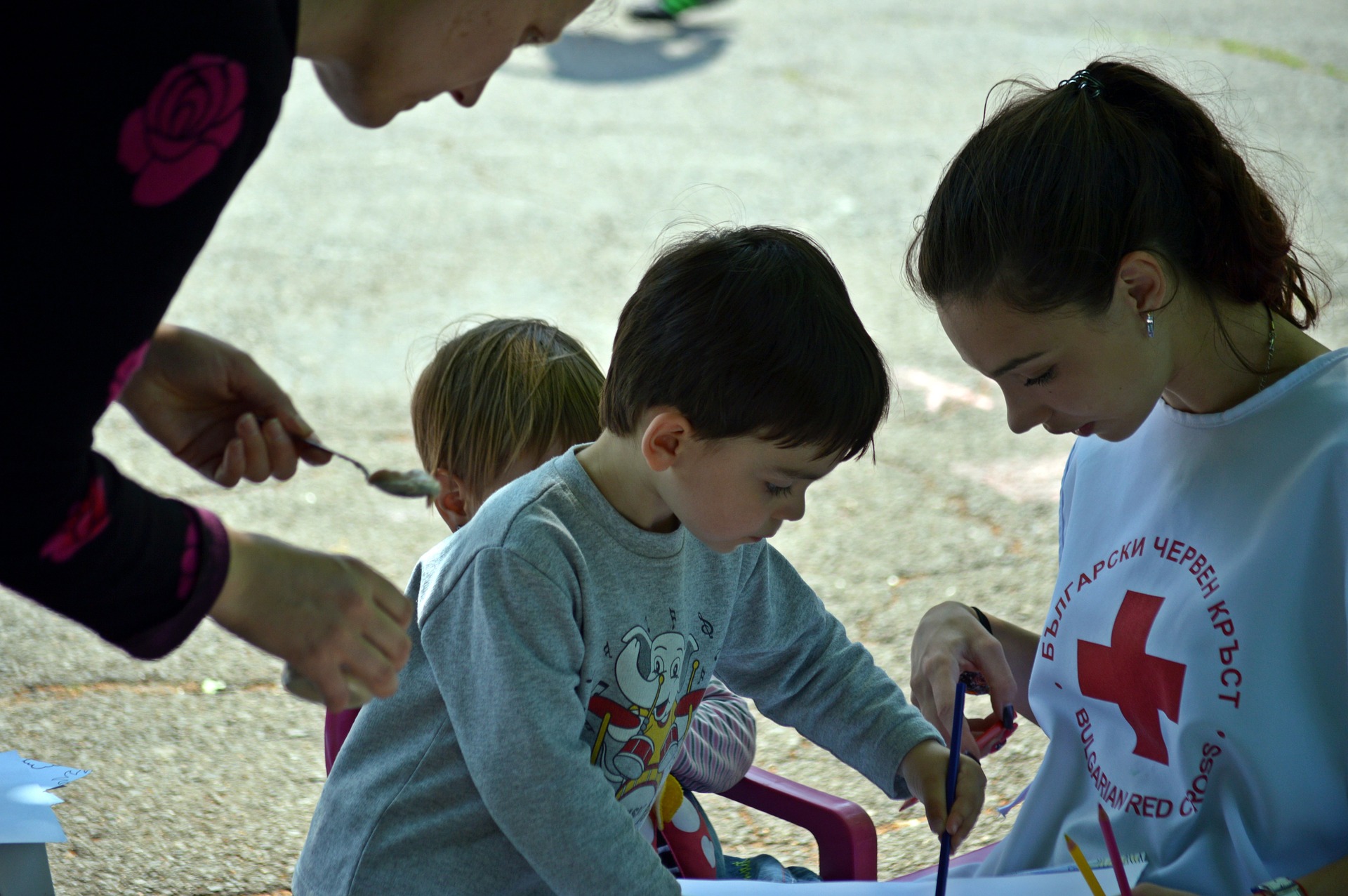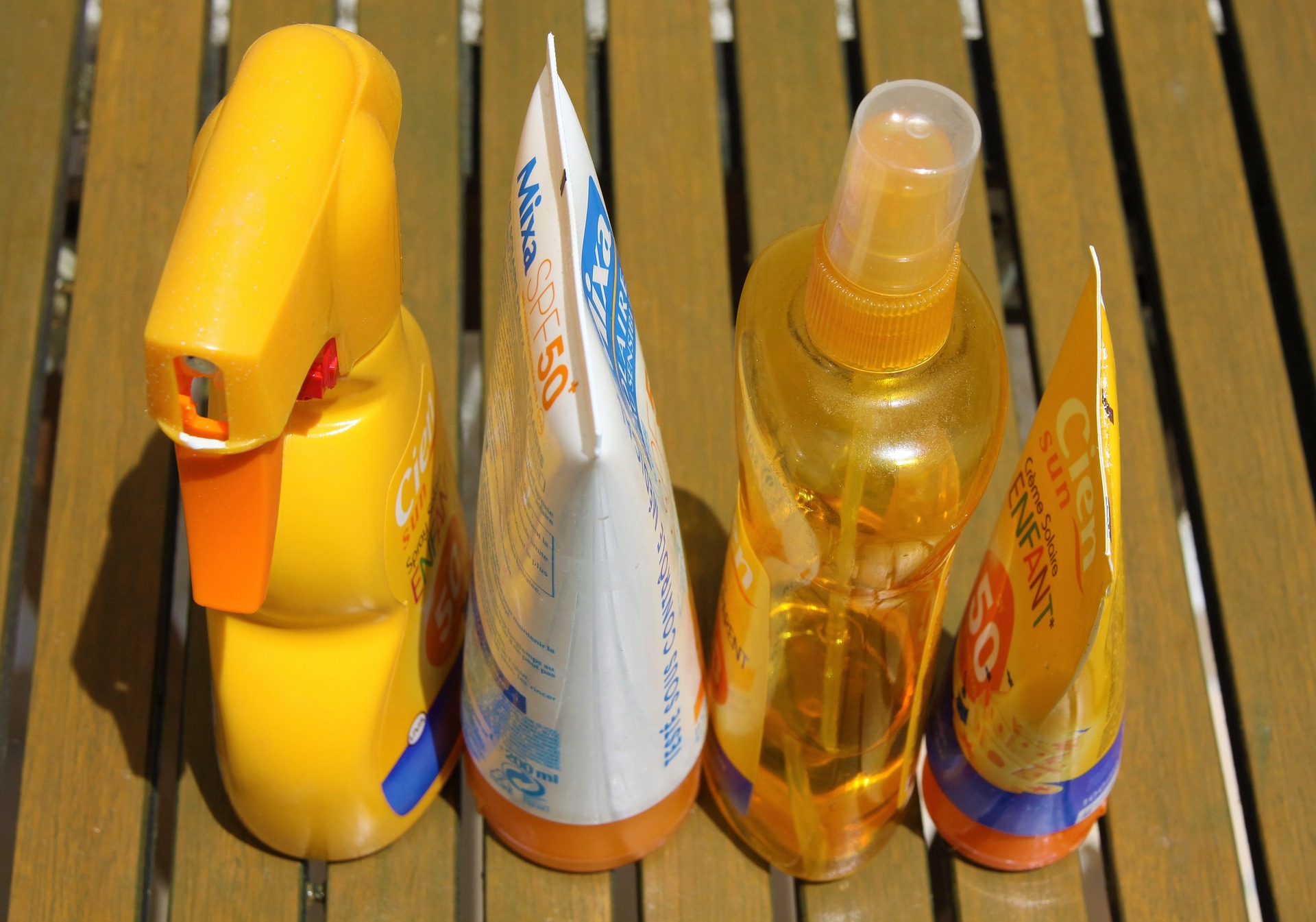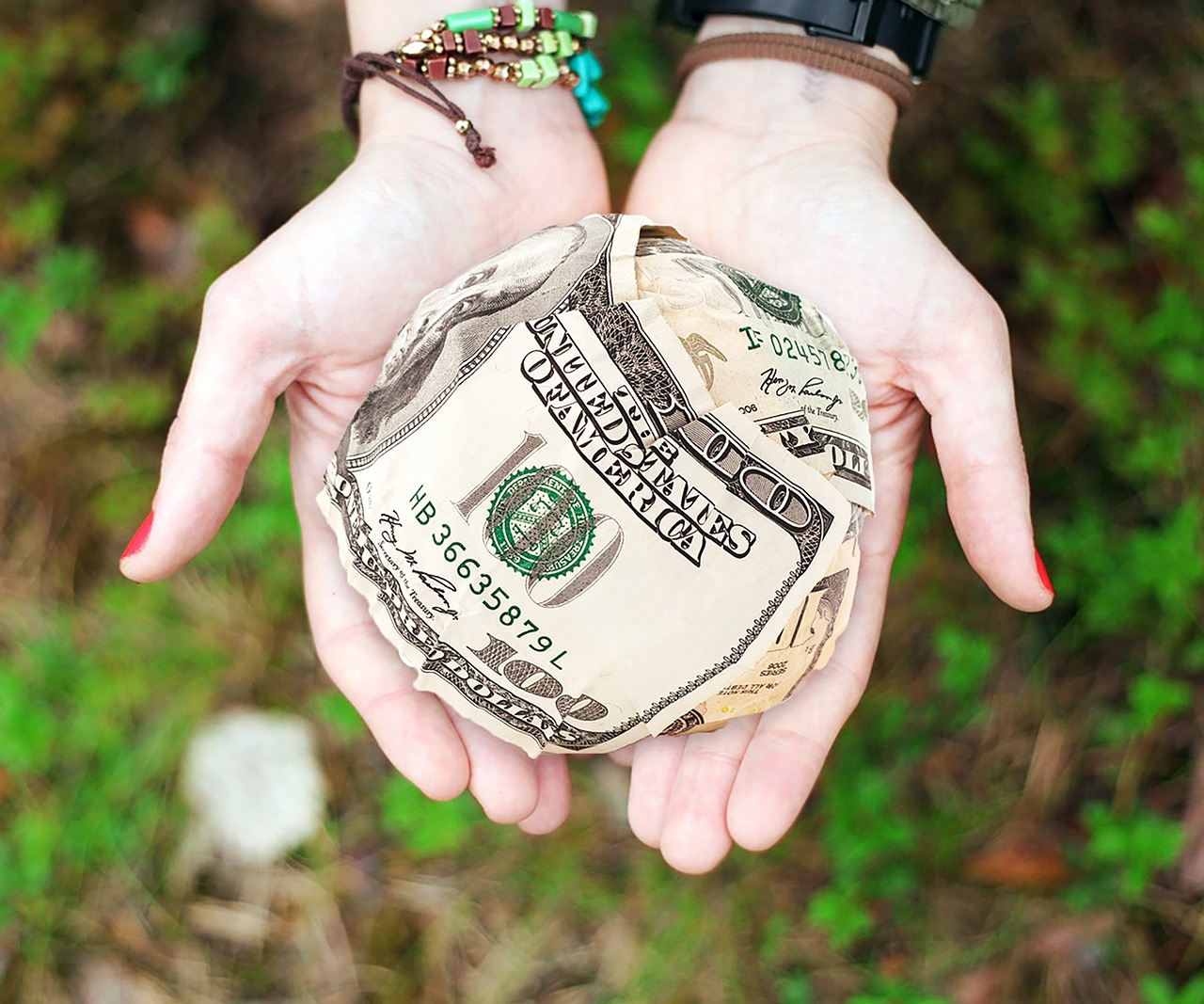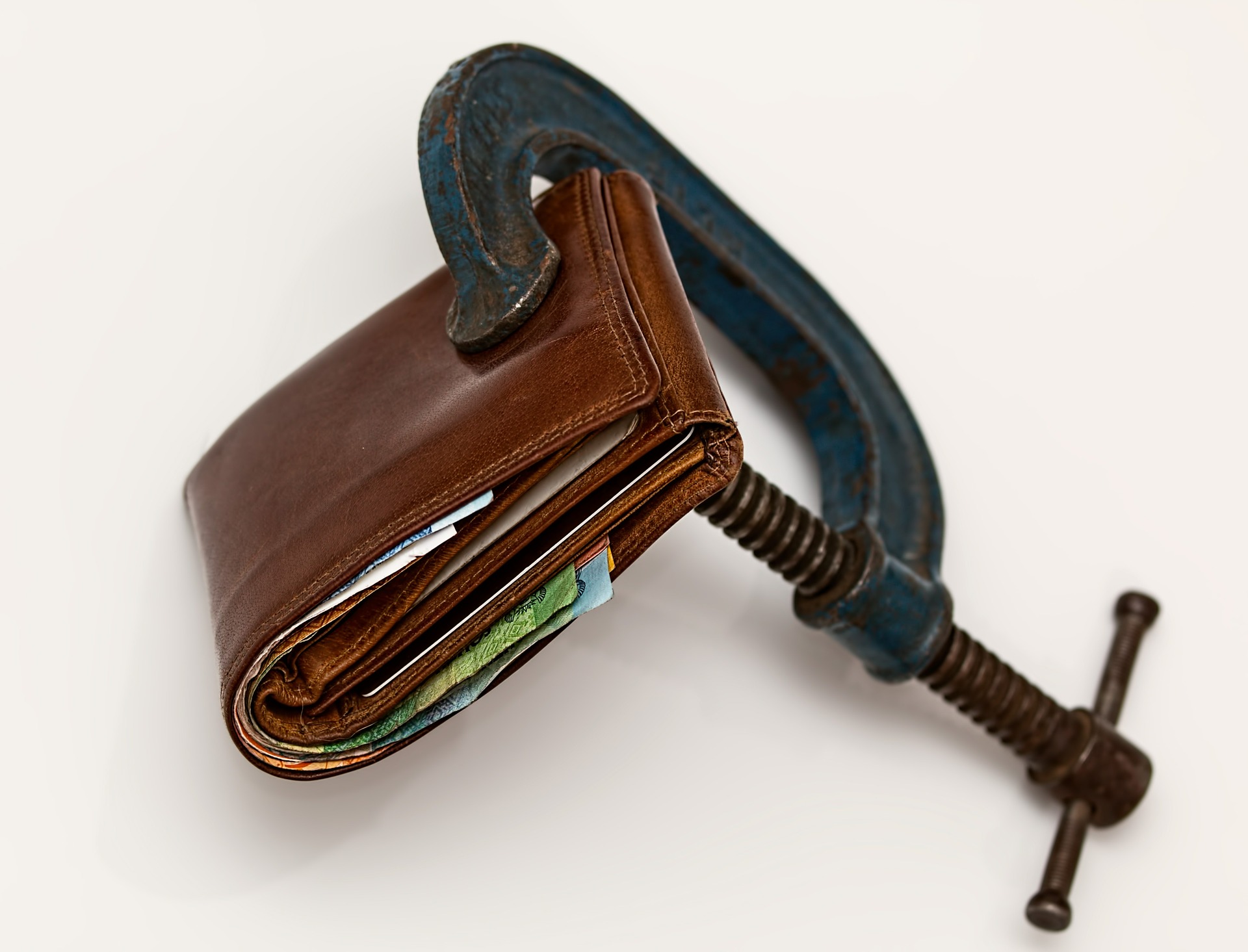This post is also available in:  Spanish
Spanish
PLAN AHEAD
It sounds simple, but it’s one of the most important things you need to think about when it comes to volunteering abroad. Going on a volunteering program costs money, so you’ll need to budget and plan accordingly. Be realistic about how much money you are going to need and how much you can save each week or month leading up to your trip.
Make sure you check exactly what’s included in the cost of your program. Will you have additional costs for flights, accommodation or food? What is the cost if living in the country you are visiting? Are you planning to do some sightseeing or buy souvenirs? Take it all into consideration when making your financial plans for volunteering abroad.
TALK TO YOUR BANK
Many bank accounts are accessible from all over the world, but it’s always advisable that you let your bank know that you will be travelling so they don’t suspect fraudulent activity. You should also ask them about the country you are travelling to and the best way to access cash. This is especially important if you’re going to a developing country where access to ATMs might be problematic, credit cards may not be widely accepted or carrying cash might be advised against. Do your research before you go and give yourself options in case you find yourself stuck for money. I always bring some cash, have some in an account that is authorised for international withdrawals and I use a widely accepted credit card as a backup.
VOLUNTEER ABROAD WITH REPUTABLE ORGANISATIONS OR AGENCIES
Volunteering abroad can be daunting, particularly if you’re alone, if you don’t speak the language or if you’re not familiar with the customs. To have the proper support and backup that you need, it is best to work with charities that have a dedicated volunteer support team or to organise your trip through recognised and experienced volunteering abroad programs or responsible agencies.
SHARE COSTS
Are you travelling with somebody else? Or can you ask your volunteering abroad organisation to put you in contact with fellow volunteers before you go? It may be possible to cut your costs by sharing some of the expenses like transfer costs and accommodation. If you’re travelling with a friend, you might consider sharing things like toiletries, sunscreen or mosquito spray to limit how much you spend before you go. Not only will this save some money, but it will also save valuable packing space.
FUNDRAISING
Depending on the kind of program you are going on, it might be a good idea to hold a fundraiser or do some crowd funding before you go. This works particularly well if you’re volunteering abroad with a reputable charity or for a worthy cause. There are all sorts of fundraising activities you could organise to involve your family, friends and community in your volunteering adventure.
SET A SPENDING LIMIT
You know what your budget is. You know what you’ll need to spend money on. Now set yourself a daily limit so that you don’t blow it all. It’s always a good idea to have a bit extra, or a cushion, for unexpected expenses. I always allow for 20% above what I had expected, just in case.
HAVE AN EMERGENCY FUND
Always, always have an emergency fund. This may take different forms from money tucked away in a savings account, a credit card or an agreement with family members that they will help if you get into trouble. Hopefully, your trip will go smoothly, but unexpected things can and do happen. Unfortunately, robberies, illness and emergencies at home can affect your trip and you may find yourself spending money to buy new belongings or change flights. Of course, you should always have a good insurance policy in place, but you just never know when that emergency fund may be needed.
LONG TERM VOLUNTEERING ABROAD
If you’re planning to spend a long time volunteering abroad, speak to your charity about what stipends might be available. It’s not uncommon for charities and NGOs to provide a living allowance for people who are invested in the organisation and can offer commitment and consistency. This often covers accommodation, food and local travel costs. It won’t be much, but it may be the difference between spending a week or two on a project or dedicating yourself to a charitable cause for the medium to long term.








